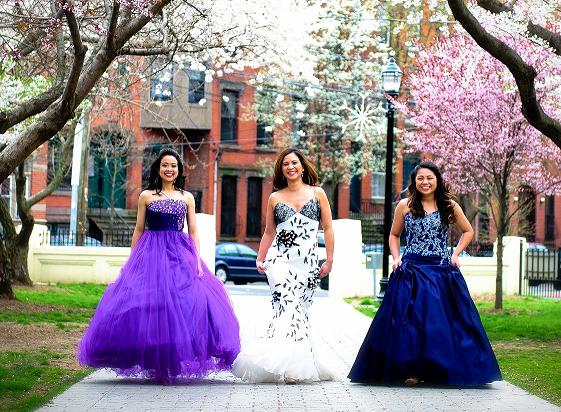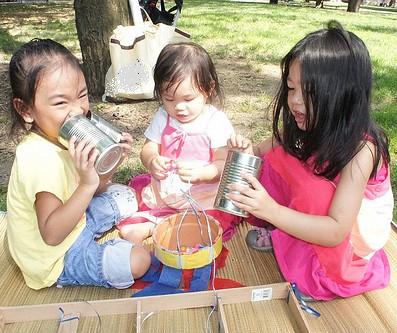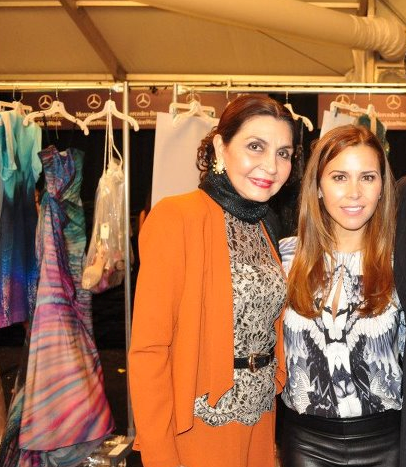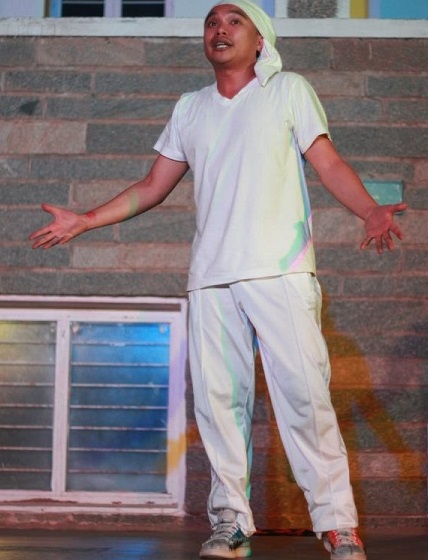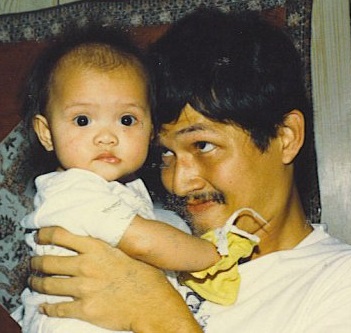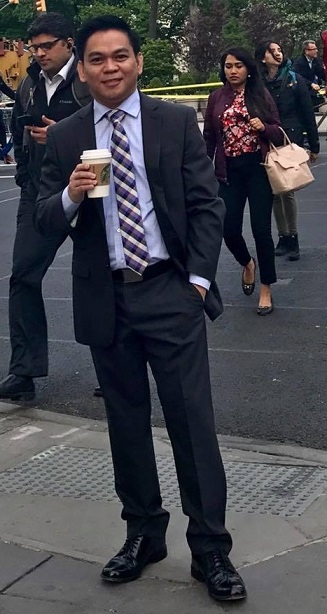The odds of an OFW nurse as Philippine First Lady? FilAm nurses weigh in
By Cristina DC Pastor
The question of who should be First Lady to Philippine President-elect Rodrigo Duterte rakes up a lot of historic ‘firsts.’
It will be the first time a politician will be taking office as president separated from his wife. It is likely to be the first time he will be publicly seen with a common-law wife, if the recent campaign is any indication. Cielito “Honeylet” Avancena, 46, who has been Duterte’s domestic partner for 20 years, has been front and center during the election campaign and is largely acknowledged as his low-key comrade in political combat. Time and shifting social folkways will determine if she will eventually assume the position of First Lady, and if she does, it will be the first time that the title will be bestowed not on a woman with the status of a stylized society-page socialite. (Duterte has said his daughter Sara will be his First Lady)
Honeylet, who met Duterte while she was a nurse in the U.S., comes from the ranks of Overseas Filipino Workers (OFW). She’s been described as a behind-the-scenes, uncomplicated woman, who all of a sudden finds herself in the spotlight of a contentious political campaign when Duterte aspired for the presidency.
“Alalay lang,” she would tell reporters, understating her role in his life as simply that of an aide.
Not much else is known about Honeylet except what has been often reported that she worked for four years in California. For some Filipino American nurses, her closeness to the president makes her an influential health care policy adviser, or if the country, for instance, were to examine the quality of nursing education in the Philippines.
“The fact of her being in a position close to the incumbent president, somehow she becomes an advocate to give importance and elevate the nursing profession,” said Menchu de Luna, a Neonatal ICU Clinical Nurse at Mount Sinai Hospital.
Another RN who believes a nurse who has overseas experience would make a good First lady is Belinda Rosales, Assistant Director of Nursing at the Henry J. Carter Specialty Hospital and Nursing Facility.
She said, “I like the idea of a First Lady who is more attuned to the needs of the people, who has seen how the people live in the Philippines, and in a developed country like the U.S. It will be a good basis for comparison of our way of lives, and how to improve it.” As a Registered Nurse who had experience working in the U.S., Honeylet can have a “significant impact” on healthcare issues, such as Filipino children’s nutritional status.
“I remember the ‘nutribun’ that we ate in elementary school in the 1970s. With 28 million people living in poverty in the Philippines, children’s nutrition can be an issue that might be given attention (by a First Lady who is a nurse),” she said.
There are actually a myriad of issues a First Lady can take on, continued Rosales. “Since Duterte is big on drugs and reducing crime rates, maybe she can start an anti-drug campaign in school. Or maybe she can revamp our sex education campaign in the middle school and high schools, make the tweens and teenagers more aware of how HIV+ and sexually transmitted diseases can be prevented.”
But one does not have to be proclaimed First Lady to be able to do all these things, she said. It takes an “enlightened” woman behind a powerful man to be “up to the challenge.”
Ethel Cantor Constantino, who is currently reviewing for her NCLEX exams, said Honeylet has been a great support for Duterte not only as a partner but as a personal nurse.
“She is taking care of his health and his diet,” she said. “During the grueling campaign, she was there to make sure he is healthy and eating good. As an experienced nurse, Honeylet will make sure the next president is healthy and capable to serve the public.”
Maritess Dela Cruz, a nurse for Centers Plan for Healthy Living, said having a nurse for a partner, or ultimately a First Lady, is “great” because the partnership can “focus on the rapidly changing health needs of the Filipino people.”
However, she raises a preamble in the Nursing Code of Ethics which, she said, puts a premium on high level of morality.
“Nurses are leaders, we should set good examples, we owe it to the public,” she said. Honeylet, she stressed, is not the wife.
Retired RN Marissa Torres Langseth said a Filipino nurse who has worked in the U.S. is “exposed to different people from all walks of life and culture, is open-minded and uses critical thinking in her decisions.” This should make Honeylet, if and when she becomes First Lady, a true health care advocate.
“Nurses are mostly humanists, mixing science with caring,” she said. “They take care of other people more than themselves. They work long hours, watching people die, seeing the reality of life and death. They are there when you are born and comfort you at the end. OFW nurses leave their families behind to work abroad for a better future. Filipino nurses are good ambassadors for the country.”

